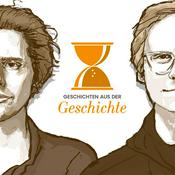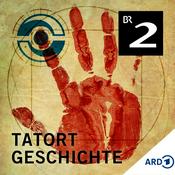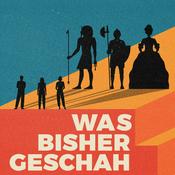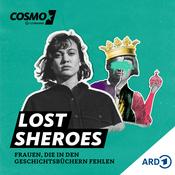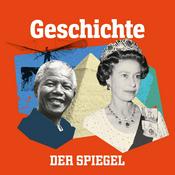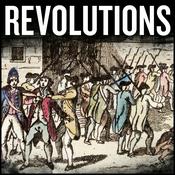12 Episoden

Barefoot Boys: Trailer
01.8.2024 | 1 Min.
Eleven men, playing without boots on their feet, showed a country what freedom felt like, long before its citizens were free. This is their story. Hosted on Acast. See acast.com/privacy for more information.

The Barefoot Boys
07.11.2023 | 17 Min.
Mohun Bagan is the toast of Calcutta. The city burns with nationalist fervour and the British shift the capital to Delhi—away from the “bomb-wielding nationalists and barefooted footballers of Bengal.” Hosted on Acast. See acast.com/privacy for more information.

The IFA Shield, Part Two
31.10.2023 | 17 Min.
All of Calcutta is decked up, and thousands throng the maidan to watch Bagan play the East Yorkshire Regiment again. Hosted on Acast. See acast.com/privacy for more information.

The 1911 IFA Shield
24.10.2023 | 18 Min.
No longer content with winning tournaments like the Trades Cup, Mohun Bagan set their eyes on the real prize: the IFA Shield. Sailen Bose scours the gullies of North Calcutta to identify talent, and captain Shibdas Bhaduri proposes an audacious tactical overhaul. Hosted on Acast. See acast.com/privacy for more information.

The Amor Ekadosh Level Up (Again)
17.10.2023 | 18 Min.
No longer content with winning tournaments like the Trades Cup, Mohun Bagan set their eyes on the real prize: the IFA Shield. Sailen Bose scours the gullies of North Calcutta to identify talent, and captain Shibdas Bhaduri proposes an audacious tactical overhaul. Hosted on Acast. See acast.com/privacy for more information.
Weitere Geschichte Podcasts
Trending Geschichte Podcasts
Über Barefoot Boys
Höre Barefoot Boys, Alles Geschichte - Der History-Podcast und viele andere Podcasts aus aller Welt mit der radio.at-App
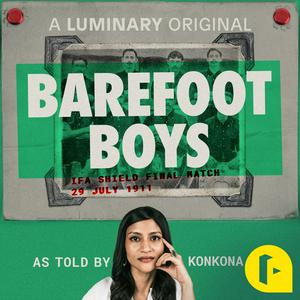
Hol dir die kostenlose radio.at App
- Sender und Podcasts favorisieren
- Streamen via Wifi oder Bluetooth
- Unterstützt Carplay & Android Auto
- viele weitere App Funktionen
Hol dir die kostenlose radio.at App
- Sender und Podcasts favorisieren
- Streamen via Wifi oder Bluetooth
- Unterstützt Carplay & Android Auto
- viele weitere App Funktionen


Barefoot Boys
App laden,
loshören.

